ARE sheep producers aware they will need to have a farm biosecurity plan in place by October 1, 2017?
A straw poll by Sheep Central of sheep producers at Sheepvention suggests there is still a lack of knowledge at producer level about the significant upcoming changes.
In less than two months time, all livestock producers in Australia will need to have filled out and filed a farm biosecurity plan to comply with Livestock Production Assurance (LPA) accreditation requirements beyond that date.
Over the course of a few hours at Sheepvention on Tuesday Sheep Central asked 15 individual producers if they were aware that they will soon need to have completed a farm biosecurity plan.
This is far from a representative survey but the results suggest more work is needed to ensure producers are fully informed of their changing obligations within the next two months.
Click here to get the latest Sheep Central story links sent to your email inbox.
Of the 15 producers Sheep Central spoke to at Sheepvention, only three said they were aware they needed to have a Farm Biosecurity Plan in place by October 1.
Of those, two had already filled out, completed and filed their plan.
One of those, a farmer with significant credentials in the farm biosecurity space, questioned the effectiveness of the farm biosecurity plan template in addressing the real potential biosecurity risks.
Michael Blake from Bally Glunin at Hamilton has completed no less than 70 quality-assurance audits on his farm since 1998. He was named Australia’s Biosecurity Farmer of the Year in 2010.
He also recently participated in an FMD (foot and mouth disease) training exercise in Nepal as part of an Australian Government-led delegation.
His report recommended that Australian immigration officials require every person entering Australia in future to declare if they have been walking, hiking or trekking through countries where FMD is endemic, such India, Pakistan, Bangladesh, Myanmar and other Asian peninsula countries. “All they ask is if you have been on a farm,” Mr Blake said. “Those countries are all endemic FMD and that is where most Australian walkers go.” He also said most people were unlikely to realise that washing boots or clothing in soapy water was not sufficient to remove traces of FMD.
Asked for his impression of the Farm Biosecurity Plan template producers are being asked to complete, Mr Blake said he did not believe they went far enough to reduce real potential biosecurity risks.
He said FMD would have a devastating impact on Australia’s livestock industries and the risk of infection was high. Farm biosecurity plans should go further to ensure risk such as household waste disposal and feral animals are more effectively addressed, he said.
Other producers we spoke to said they took farm biosecurity seriously but were not yet aware that from 1 October 2017, biosecurity will be included in the LPA program and they will need to have a farm biosecurity plan in place.
There was evidence at Sheepvention of groups working to ensure producers are aware of the changes. The Victorian Farmers Federation was encouraging producers visiting its stand to manually fill out the seven page Farm Biosecurity Plan templates to fulfil their obligations.
VFF says awareness is slowly growing
Victorian Farmers Federation livestock officer Kimberley Henman helped producers with their LPA and biosecurity queries at Sheepvention and said found that half the producers who visited the VFF’s Community Hub stand asked specific questions and the others weren’t aware of the LPA changes and need for a biosecurity plan.
“The awareness is slowly growing as there is more publicity coming from industry about the changes.
“Some producers sought us out to ask direct questions about what they needed to do to meet the new LPA requirements, while some smaller landholders were less aware of the changes and what it meant for them,” she said.
“Once producers are informed about the changes, and receive their information pack from MLA’s Integrity Systems Company there shouldn’t be any obstacles.
“Often completing the biosecurity plan is simply documenting the practices producers already do, and we’re encouraging them to develop a practical plan that is useful to their business and through the value chain.”
Biosecurity workshops will be held in Victoria between August 11 to November 1, at Euroa, Willaura, Sale, Hamilton, Newstead, Tallangata and Winchelsea
A full list of Victorian LPA and biosecurity events and registration is available here: http://LHBV.eventbrite.com.
NSW biosecurity workshops
NSW landholders will be able to get a biosecurity plan in place through the Western Local Land Services’ upcoming on-farm biosecurity workshop series in September.
Attendees walk out with a ready to use template for their properties from 22 workshops in 22 locations from September 4 to September 13.
Landholders that already have biosecurity plans in place are also encouraged to attend the workshop so they can be informed of updated information which will allow them to improve or replace their current biosecurity plan.
While transitional arrangements for Johne’s disease have ended, livestock producers – sheep, goat and beef — effectively have until October 1 2017, which is when the Livestock Production Assurance accreditation is due, to have a biosecurity plan in place to either maintain their current Johne’s beef assurance score (J-BAS) or receive a score of six.
For a full list of the time and locations of the NSW workshops, head to www.western.lls.nsw.gov.au/resource-hub/events or contact your nearest Western Local Land Services office.
For more information on the forthcoming changes to LPA and obligations for producers, visit the MLA website at this link
Click here for the Livestock Biosecurity Network events calendar.
Faces at Sheepvention
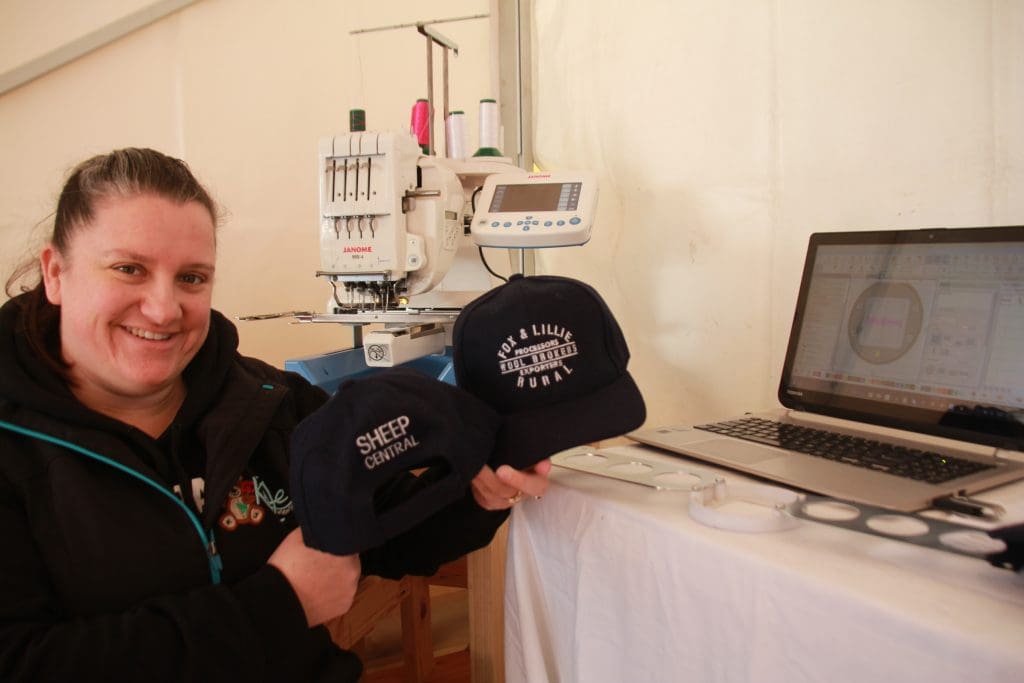
In a novel personal touch at Fox & Lillie’s site at Sheepvention, visitors were able to have their name, brand or a message of their choice embroidered onto the back of a Fox & Lillie cap. Haley Ferguson from Kenje Moments, Warrnambool printed hundreds of caps over the two-day event. The caps were 80 percent Merino wool, with the remaining 20pc viscose to provide elasticity.
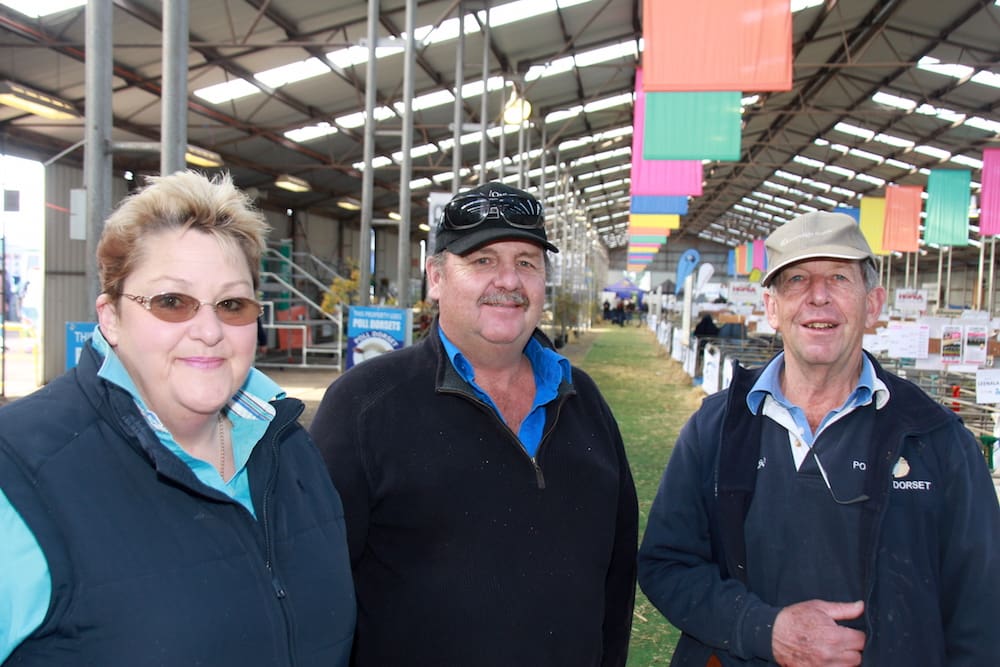
Debbie and Chris White, Fonthill Farm, Tasmania and Alan Schinckel, Leenala Poll Dorset Stud, Naracoorte, SA.
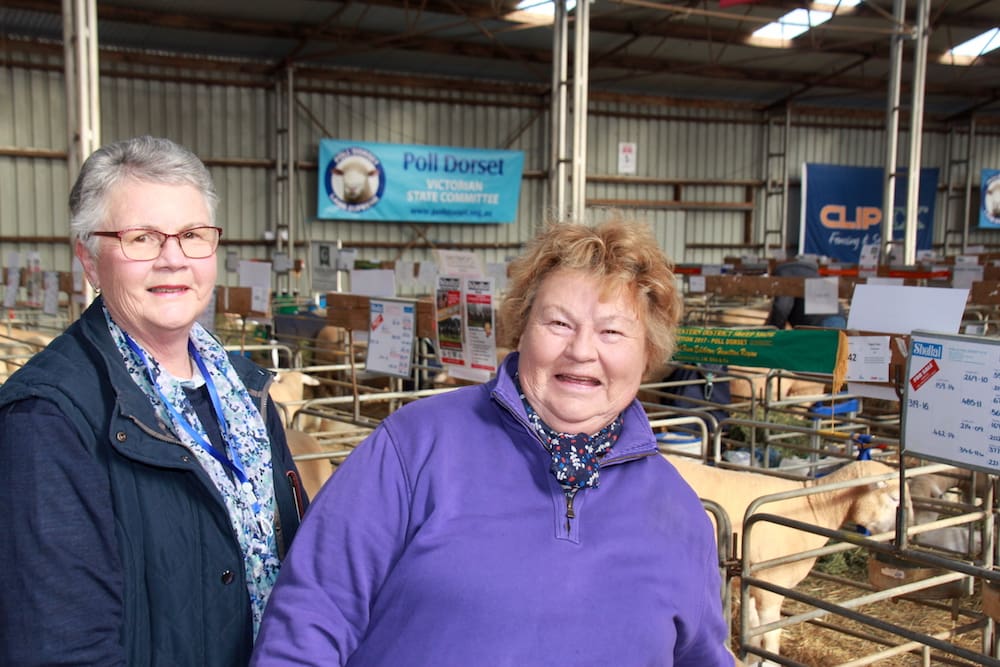
Jennifer McRae, Olangolah Poll Dorsets Hawkesdale, and Pam Ralph, Shellal Poll Dorset stud, Hawkesdale.


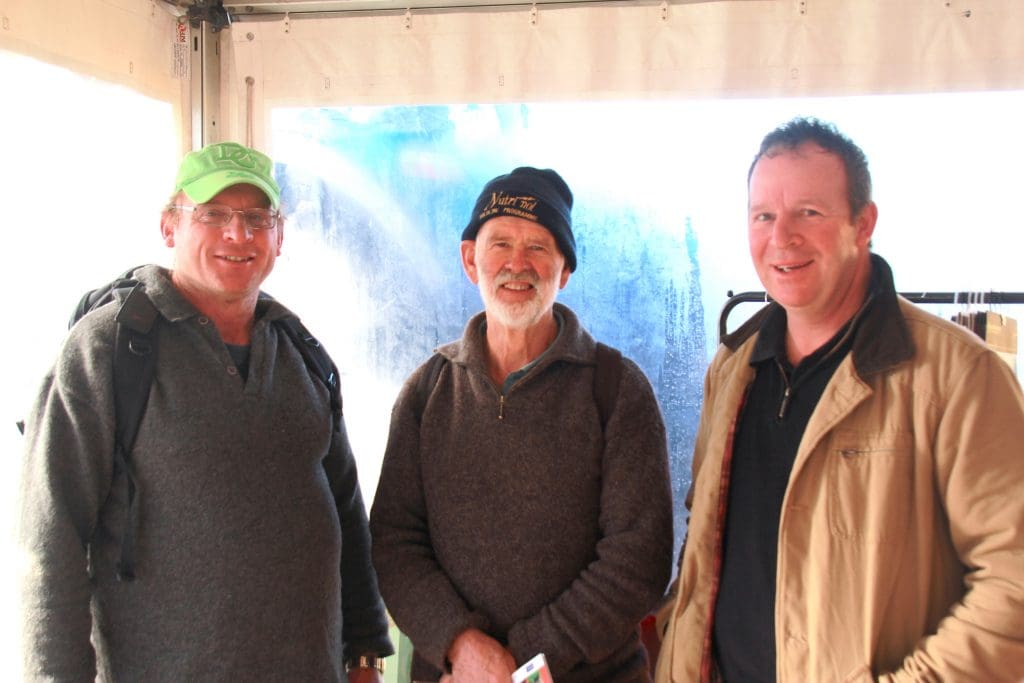
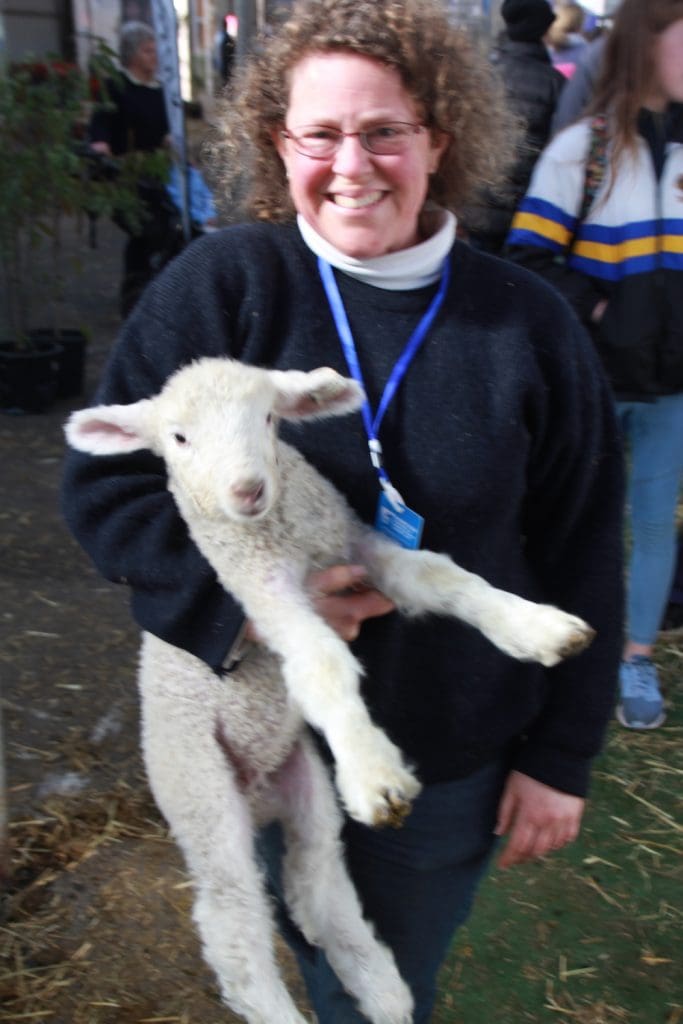
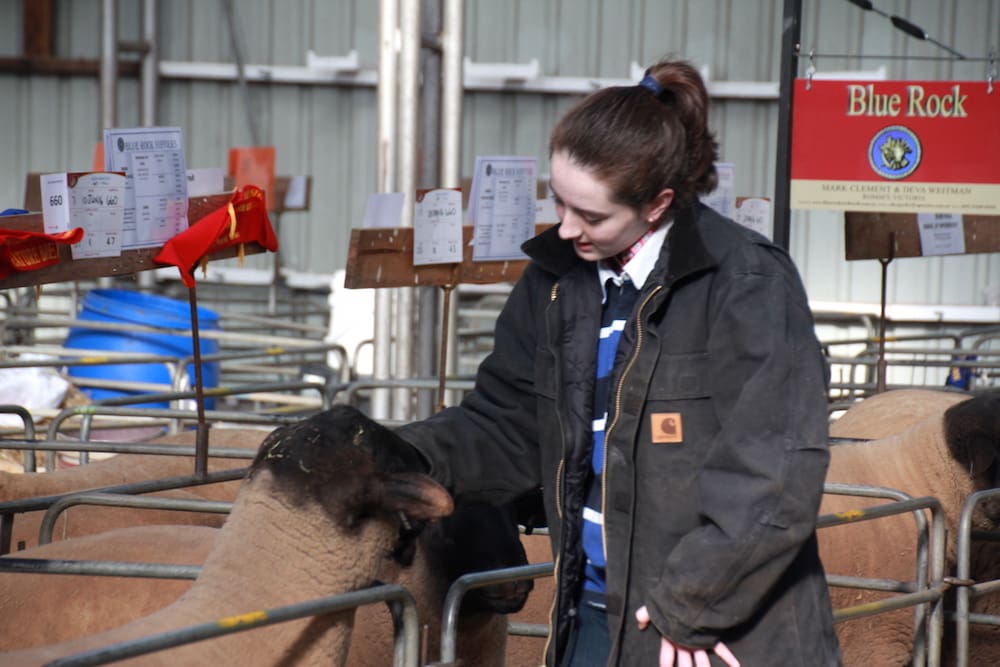
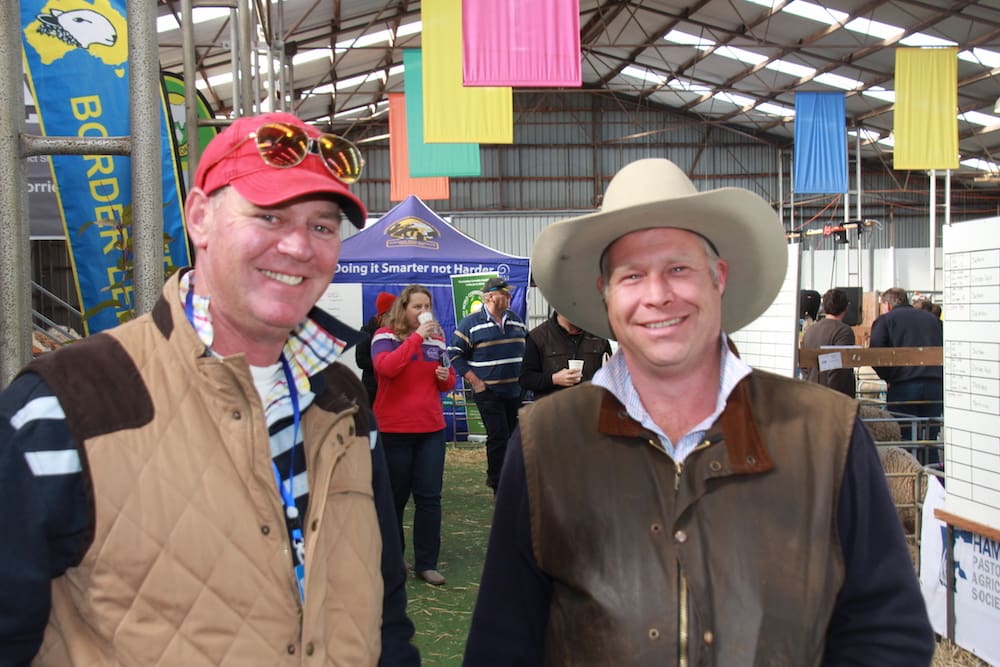
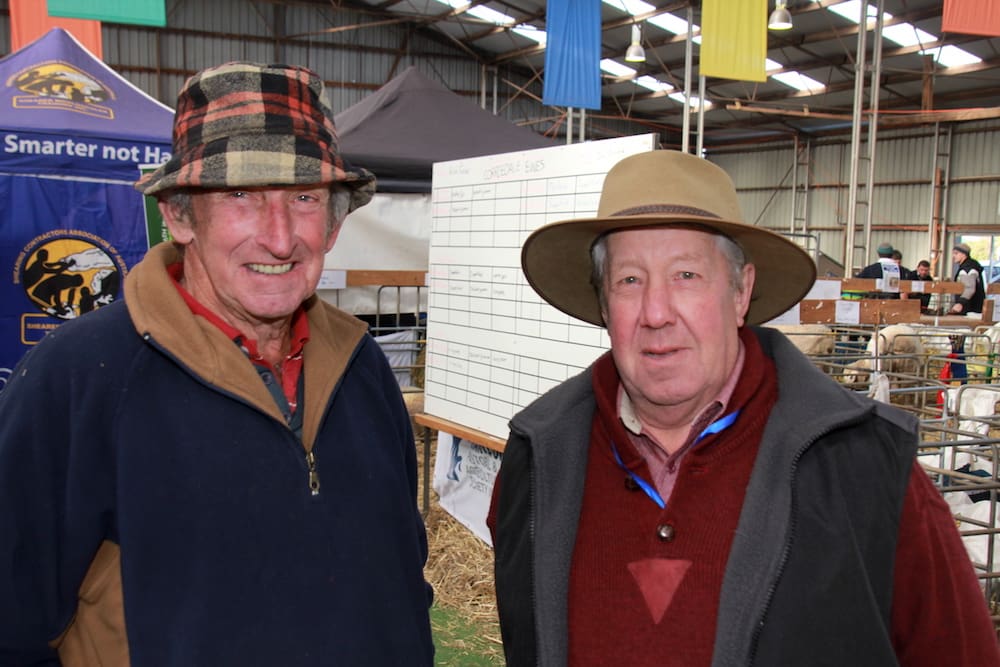
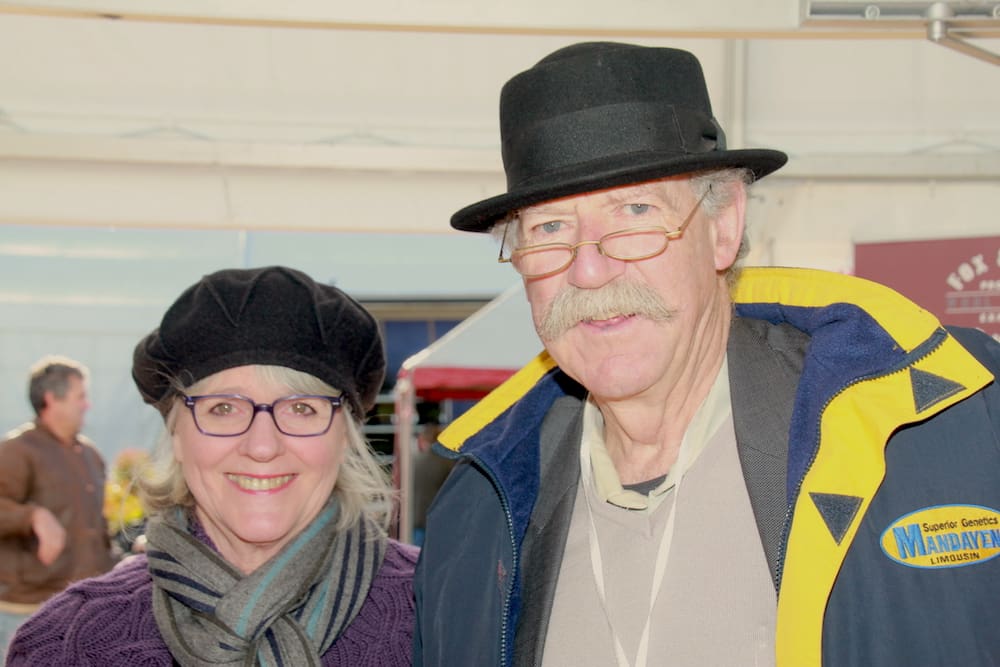
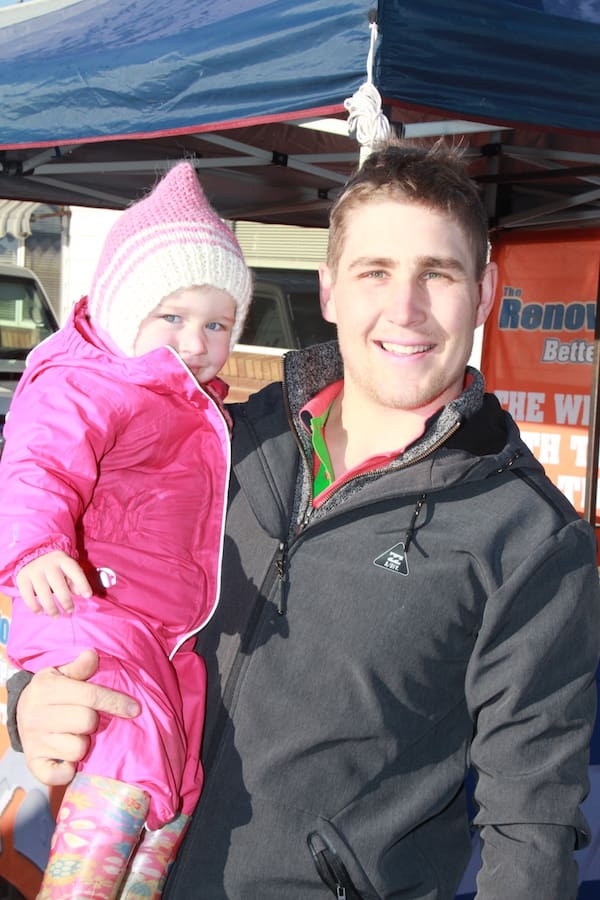
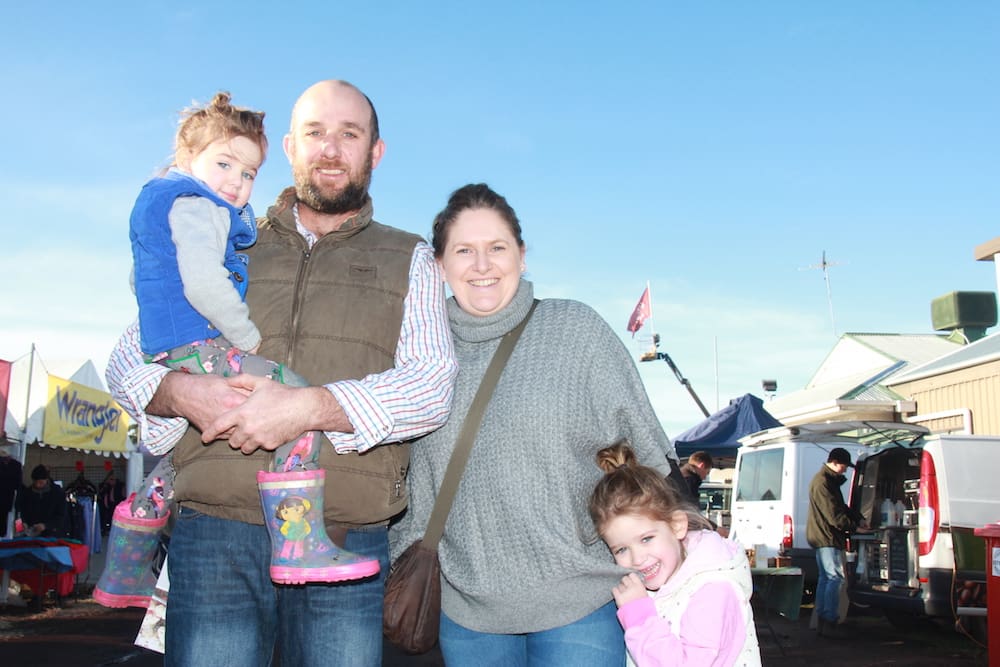


What sitting ducks we are. The things our politicians peruse and argue about are really irrelevant. Get down to the things that concern every day Australians.
Michael Blake is correct in saying it’s only a matter of time before foot and mouth arrives in Australia. It will come out of SE Asia on tourists boots because our re entry process is very slack.
All, and I mean all people, whether tourists or business people, need to go through a foot bath on returning to Australia. Ninety nine percent of people returning from overseas tell lies on their re-entry forms just to get through Immigration and out of the airport quickly.
Wake up Australia before you destroy the entire livestock industry in our great land. Just remember we are treated as one island.
Ferals are the same. They are not natives, so get rid of them as they are destroying our natives at an alarming rate. Stop pandering to the minorities and grow some balls.